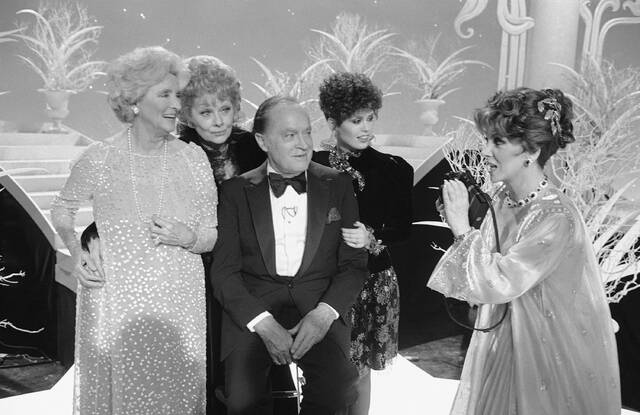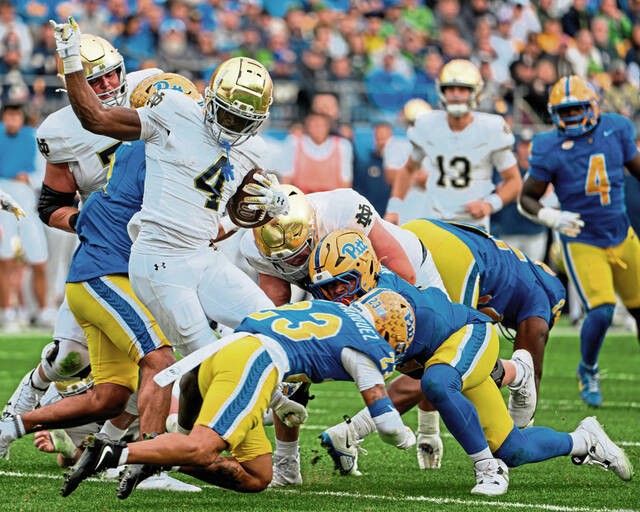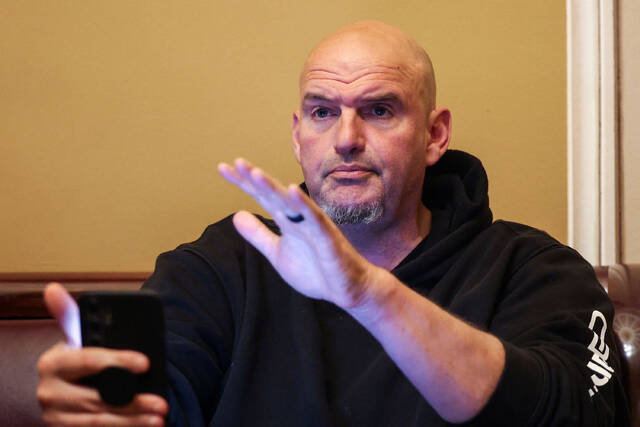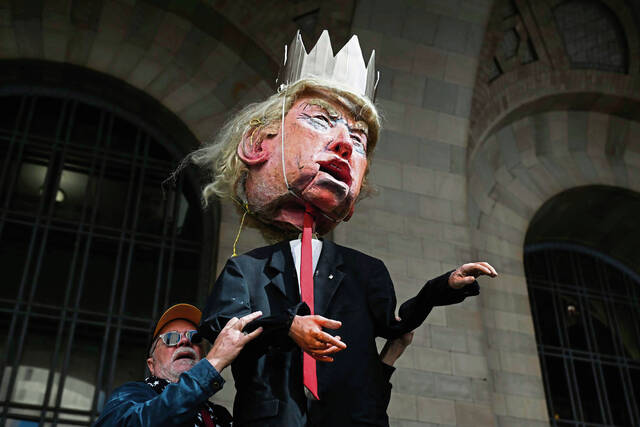“What cancel culture is about is not criticism,” former New York Times columnist Bari Weiss told HBO’s Bill Maher. “It is about making a person radioactive. It is about taking away their job.” Quoting The Atlantic’s Jonathan Rauch, Weiss called it “social murder.”
If you haven’t heard of “cancel culture,” you will, if it doesn’t come for you first. I first heard the term from students last fall. The phenomenon is yet another nasty byproduct of social-media/Twitter-mob rot.
Type the phrase into Google and this pops up: “Cancel culture … describes a form of boycott in which someone is thrust out of social or professional circles — either online on social media, in the real world, or both. They are said to be ‘canceled.’ ”
Ironically, many of the most aggressive practitioners of the cancel culture are “woke” crusaders for “diversity” and “tolerance,” yet again revealing how those terms are frequently exploited and weaponized by activists exhibiting just the opposite behavior.
“Congratulations for getting canceled, Dr. Kengor,” one of my students emailed me in June, when two or three alumni started a petition calling on me to “resign or retire.” Fortunately, the petitioners retracted that call and apologized, but the call-out on social media spread like wildfire.
Of course, I’m far from alone. The cancel culture wreaks havoc on individuals. And thankfully, it’s being condemned by liberals and conservatives alike.
“This idea of purity and … you’re always politically ‘woke’ and all that stuff,” said Barack Obama with disapproval and anger I appreciate, “you should get over that quickly. The world is messy, there are ambiguities. People who do really good stuff have flaws. People who you are fighting may love their kids.”
Obama’s friendly audience grew uncomfortably quiet at his reprimand. He singled out “college campuses,” the PC snowflakes who can be “as judgmental as possible about other people.” And yet, added Obama: “That’s not activism. … If all you’re doing is casting stones, you’re probably not going to get that far.”
But you can get far in hurting people, especially given that we’re all sinners.
“I’ve been a scoundrel,” said actor Joaquin Phoenix when receiving the Oscar for best actor in “The Joker”: “I’ve been selfish, I’ve been cruel at times, hard to work with, and ungrateful, but so many of you have given me a second chance — and I think that’s when we’re at our best. When we support each other, not when we cancel each other out over past mistakes, but when we guide each other to grow, for redemption.”
Precisely, Mr. Phoenix. From one scoundrel to another.
And yet, the cancelers have the gavels, the hammers, the platforms.
And here’s what bothers me most: Who are they? There’s cowardly anonymity to those doing the canceling. A lack of accountability for those doing the bullying. Millions of screaming voices without faces erase others with reckless impunity. They are legion. The phenomenon flourishes because of its anonymity.
In other words, if the cancel culture is social murder, then who are its social murderers? We know the victims, but who are the victimizers?
At the least, can we know who they are? Can we cast a light on the bullies hiding wherever they’re hiding? Why should they get away with this?
How about a website exposing the cancel-culture bullies?








